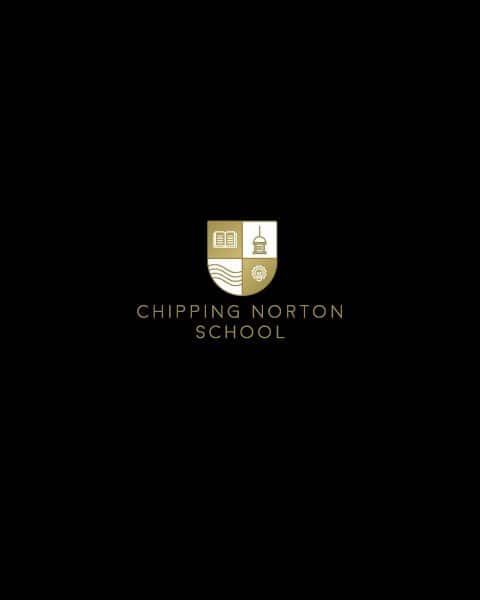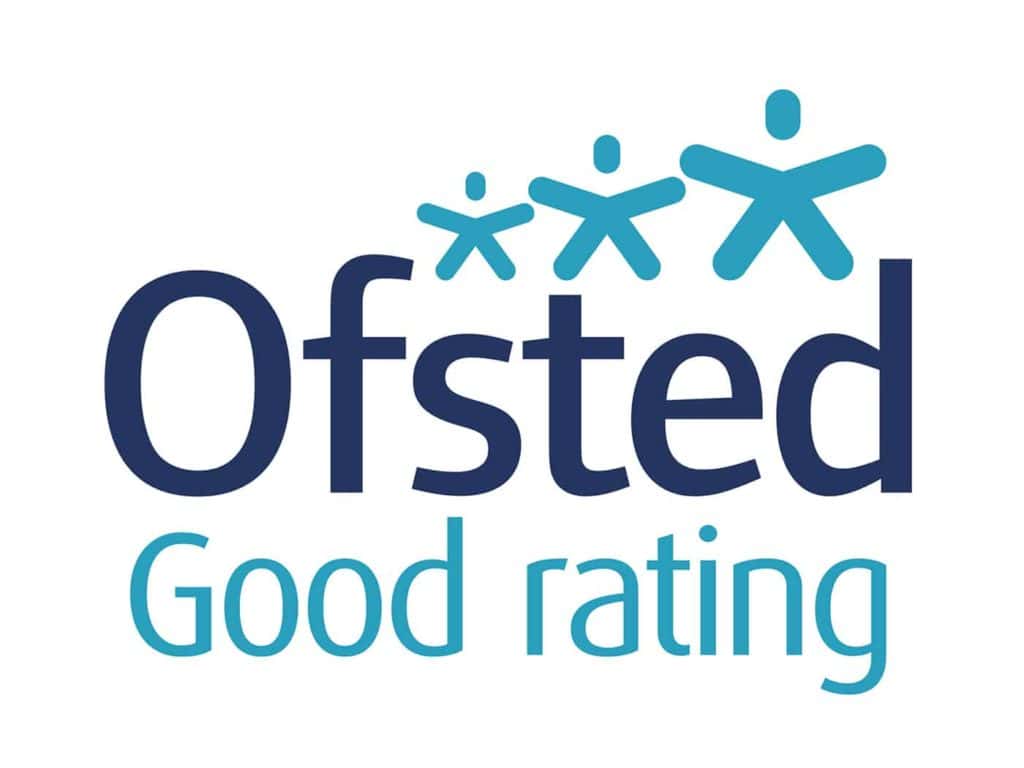What are the school values?
We are committed to the personal development of the whole child: spiritual, moral, social, cultural and academic. This is summed up in our values statement: Courageous and Compassionate hearts. Creative and Curious Minds. Find out more by reading our Character Education information page.



